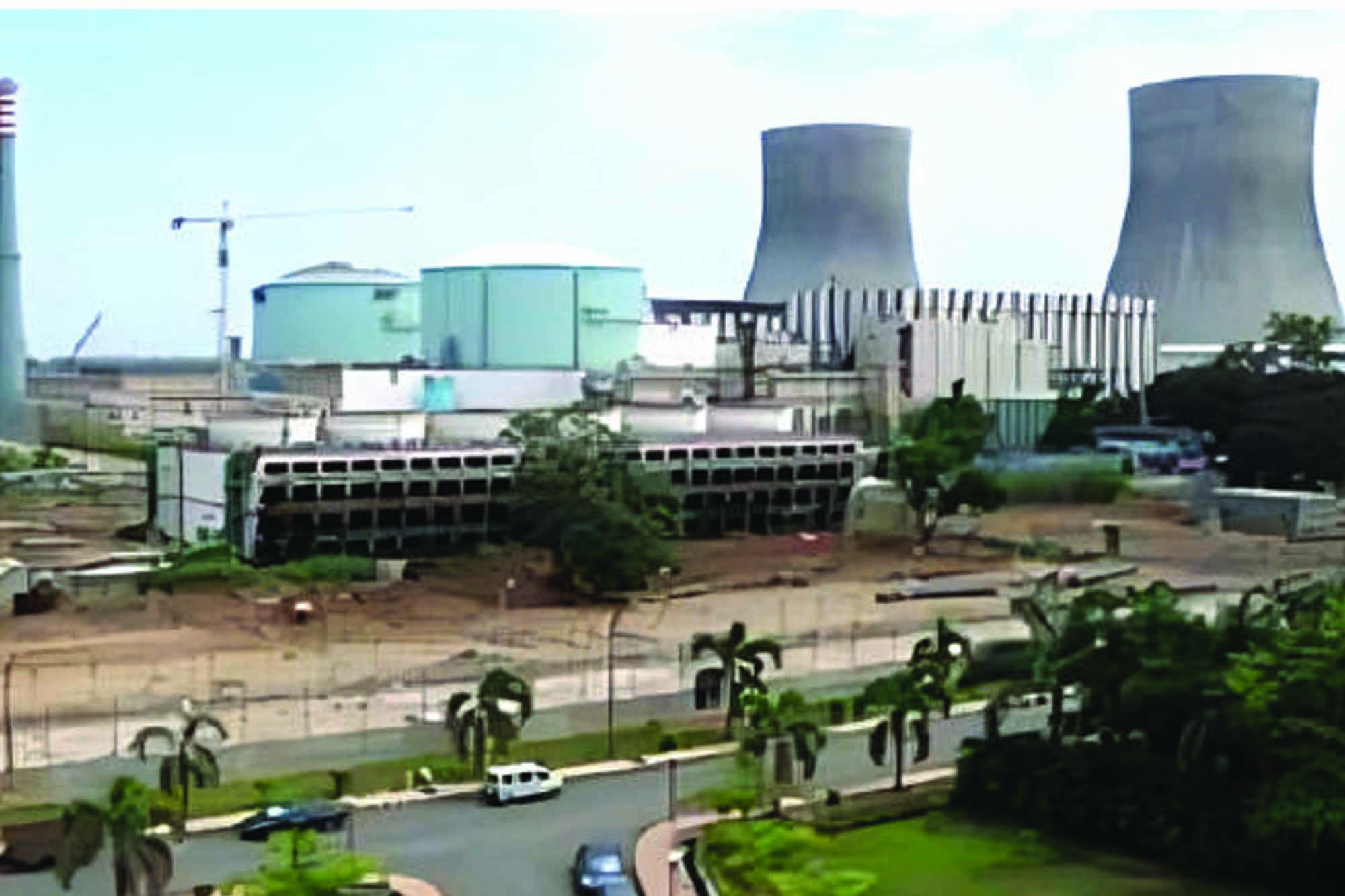Moving to small nuclear reactors for the clean energy transition
By EPR Magazine Editorial February 3, 2024 2:01 pm IST
By EPR Magazine Editorial February 3, 2024 2:01 pm IST

Deploying Small Modular Reactors (SMRs) nationwide, especially in locations unsuitable for large nuclear plants, can produce large amounts of low-carbon electricity.
Nuclear power is considered one of the most promising clean energy options for power generation. There is a thrust for a strategy to use nuclear power that could reduce reliance on fossil fuels over the coming years. Small capacity atomic power plants, popularly called Small Modular Reactors (SMRs), with their unique modularity, scalability, small footprint and improved safety, present themselves as an attractive option for repurposing of retiring coal-based thermal power station sites. Dr. Jitendra Singh, Union MoS (Independent Charge), Atomic Energy and Space, has informed the nation in the Lok Sabha.
Deploying Small Modular Reactors (SMRs) nationwide, especially in locations unsuitable for large nuclear plants, can produce large amounts of low-carbon electricity. To move away from fossil fuel consumption, SMRs can be installed and operated to repurpose ageing fossil fuel-based power plants. The Minister informed the Lok Sabha of this in a written reply.
He informed that SMRs are not expected to replace conventional large-sized nuclear power plants, which serve as base load plants. Nuclear power plants are installed and operated in line with stringent regulatory requirements to contain radiation and avoid public exposure in all circumstances. The techno-commercial aspects of SMRs are still in the initial stages, even globally, and their large-scale deployment depends on various factors, including regulatory harmonisation globally by the International Atomic Energy Agency (IAEA), especially considering emergency planning zones and public acceptance.
He further pointed out that Small Modular Reactors (SMR) are a promising technology in industrial decarbonisation, especially where there is a requirement for a reliable and continuous power supply. India is considering steps to develop SMR to fulfil its commitment to the transition to clean energy.

Kakrapar Atomic Power Project Unit-4
Unit 4 of the Kakrapar Atomic Power Project (KAPP 4 – 700 MW) has achieved the important milestone of criticality (start of controlled fission chain reaction). The criticality was achieved after meeting all the stipulations of the Atomic Energy Regulatory Board (AERB), which issued clearance after a rigorous review of the safety of the plant systems. KAPP-4 is the second in the series of sixteen indigenous Pressurised Heavy Water Reactors (PHWR) of 700 MW each being set up in the country.
Addressing the officials at the site and headquarters after the event, B.C Pathak CMD NPCIL congratulated all the employees of NPCIL. He said, “The achievement of the criticality of KAPP-4, within six months of commercial operation of Unit-3 was a significant achievement. Together with the smooth operation of KAPP-3, it demonstrated the strength of NPCIL in all facets of nuclear power, viz., design, construction, commissioning and operation. He urged everyone to work towards rapidly completing the units under construction.”
After the first criticality, several tests will be conducted in KAPP-4, and the power level will be raised in steps, in line with the clearances of the Atomic Energy Regulatory Board (AERB), ultimately culminating in the unit’s operation at full power. KAPP 3 and 4 (2X700 MW) are located at Kakrapar in Surat district of Gujarat, adjacent to the existing reactors KAPS 1 and 2 (2X220 MW). These indigenous PHWRs have advanced safety features and are among the safest reactors in the world. While these reactors have been designed, constructed, commissioned and operated by NPCIL, the supply of equipment and execution of contracts have been done by the Indian companies, thus the true reflection of the spirit of AtmaNirbhar Bharat.
We use cookies to personalize your experience. By continuing to visit this website you agree to our Terms & Conditions, Privacy Policy and Cookie Policy.